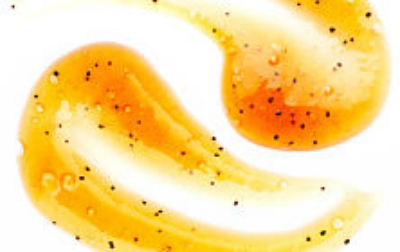|
NOVIDADES
The European Chemical Industry Council (Cefic) has criticised the current definition of microplastics in Echa’s restriction proposal for being "too broad", which could leave "room for interpretation" making implementation and enforcement of restrictions "challenging". Echa’s proposal defines microplastics as materials consisting of solid polymer-containing particles less than 5mm in diameter, to which additives or other substances may have been added. In its comments to Chemical Watch Cefic insisted on the need for scientific evidence on the hazards and risks associated with intentionally added microplastics to justify the restriction proposal.  Definition of microplastics ‘too broad’ Credit: Echa
Additionally, the impact of microplastics on water or soil needs to be "further examined and then regulated", it said, citing the Science Advice for Policy by European Academies' recent report. Prepared by a scientific working group advising the Commission and published last January, this says "little is known" about the ecological and human health risks from microplastics. And while "significant, negative effects" have been shown under laboratory conditions, there is not scientific evidence proving that the same happens in nature. However, it points out that if they continue to be emitted without any restriction, "there could be widespread future risks in most locations". Cefic is currently working on a project ‘ECO49’, which aims to develop methodologies for assessing environmental risks from microplastics in order to "close the scientific gap". The project is part of the Long-range Research Initiative (LRI) and will run for the next three years, beginning in Q1 2019. Cefic will collaborate with the International Council of Chemicals Associations (Icca) and European Centre for Ecotoxicology and Toxicology of Chemicals (Ecetoc) on the work. Trade association Cosmetics Europe agreed with Cefic’s criticism of the definition. Under its terms non-plastic substances used in cosmetics might "fall under the scope of any future restriction", it told Chemical Watch. "It should be remembered that all plastics are polymers but not all polymers are plastics," and the proposal should focus only on the issue "to be addressed", which is plastic, it added. The scope is "too broad", the trade body said, and could lead to "very high socio-economic and consumer impacts". In particular, this may cause "disproportionate" impact on key products, such as leave-on cosmetics. These products are estimated to contribute to 2% of the overall emissions of intentionally added microplastics. But, it added, the proposal says "79.3% of the costs of the overall restriction will be borne by leave-on cosmetics products". Furthermore, it does not take into account that there are "no known alternatives for many critical functions", it said. Neither does it recognise the possible impact on SMEs and "makes assumptions about consumer preferences". Cosmetics Europe called on Echa to ensure that any measure put in place for cosmetic products is "truly proportionate" and "does not restrict the ability of the European industry to innovate". The proposal provides a derogation for industrial sites, but will require monitoring, reporting and review, "all of which already occur as part of the Ospar Harmonised Mandatory Control System (HMCS) for the use and discharge of offshore chemicals (Decision 2000/2)," Mr Robinson added. While the proposal details need further consideration, "it would seem that Echa has recognised that there are already stringent systems in place for the selection, permitting and reporting of use and discharge of substances in oil field applications", he added. European Chemicals Agency (Echa). Posted: Fev 07, 2019. Assuntos Conexos: Microplásticos contaminam água da torneira mundo afora. Adidas sold 1 million pairs of shoes made from ocean plastic last year. Brain damage in fish affected by plastic nanoparticles. |
|||||||||||||||||||||||||